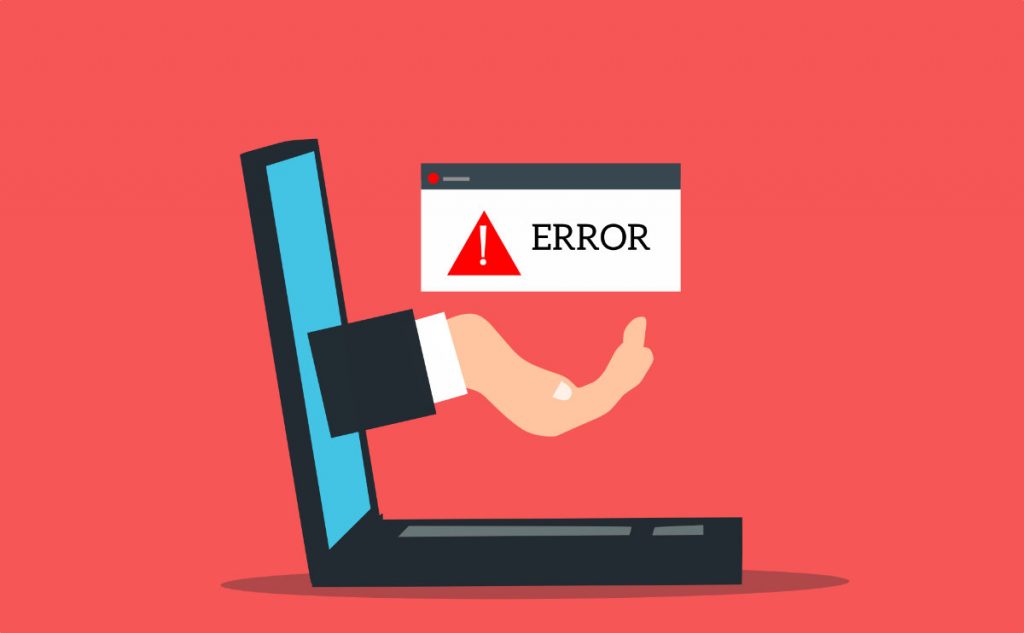Ten essential tips for small and medium business owners
Advertorial Feature
Whether you’ve just started up or have years of experience under your belt, you need to ensure you don’t miss a business opportunity. Here are 10 to consider…
1. Check out alternative sources of funding

Virtually every business will need outside investment, but that can take a more diverse set of forms than ever before. Traditional bank loans will still do the job, of course, but perhaps you could borrow via an overdraft or credit card instead. Credit in particular can be a vital source of cashflow, and you can often pick up perks or cashback for spending on a card.
Rather than go through an intermediary such as a bank, you can approach investors directly via a peer-to-peer funding platform. Or, approach everyone at once through crowdfunding. Platforms such as Kickstarter – for getting new products off the ground – or Patreon – for businesses that want to sell via a subscription service – can give you quick access to funding if your offering is attractive to the public.
Once you are taking over £2,500 a month in credit or debit card payments, ‘business cash advance’ arrangements are available. You can apply for up to £300,000, which you repay through a small percentage of business card takings instead of a fixed amount each month.
2. Have clear ideas, goals and budgets

Identifying a trend is one thing, but ideally, your business will be based around something you have a personal passion for, or skill base in. That will enable you to more quickly refine your idea and produce a business plan, target market description, and summary of your offering to potential investors.
The less glamorous side of business planning is producing a budget – but it’s utterly essential not just to create one, but to review past budgets regularly to ensure you stuck to them (or, if you didn’t, what cost centres were responsible for the overspend). Over time, you can use software such as Quickbooks to build in forecasting, reporting and detailed analysis.
Maintain a healthy scepticism when setting business goals. It’s fairly unlikely that your startup will make you a millionaire in the first couple of years. Remember that if your business is giving you greater personal freedom, and the ability to work in a field you love, that’s a success story of its own.
3. Clamp down on small costs

Cash flow is king! It’s a sad fact that any business can run out of cash – in fact, it’s the most common reason for small business failure. Your business idea can be excellent, your marketing flawless, your strategy well-thought-out – but none of that is a complete safeguard against cash flow issues.
As a business owner, you’re the one who, by default, gets the responsibility of poring over the books and reconciling the outgoings against the revenues. So you need to keep an eagle eye on expenditures. Even small costs can add up to something out of control.
There are simple steps you can take to cut those costs. Check your debts and switch credit to a new provider for a better rate. Audit your software licences and make sure they’re actually being used. Go green – limiting travel should be easier than ever right now, so why not take the next step and encourage employees to go paperless and reduce their energy use? Finally, cut down on opportunity costs too – make sure tasks aren’t being needlessly duplicated, or meetings proliferating out of control.
4. Flexibility and transparency are keys

We live in the ‘Amazon era’ where everyone wants everything instantly. And it would be ideal if you could supply everything your customer wants, tailored to their exact specification, an instant after they place their order. In the real world, despite your laudable efforts to over-deliver for every customer, this isn’t always going to happen. The solution? Transparent communication, giving as much visibility on every stage of the delivery process as possible.
You can apply this transparency principle on a wider scale. If you have a blog, or are posting on LinkedIn about your business, don’t think you only have to present a manicured, overly positive version of events. It’s acceptable to share insights into your struggles as well as your triumphs. In fact, after the events of 2020, readers are likely to enjoy and appreciate your honesty.
After all, who got everything right first try? Many businesses have to modify their offerings and products based on feedback. There’s no shame in that, either. Being able to adapt to create what customers want will go a long way.
5. Don’t put up with tech problems

In an era where everything is done remotely, the digital face of your company needs to be fit for purpose. That applies to your website and social feeds alike. Not only should they be free of technical issues, they should also be designed for ease of access – potential customers want to know as much about your business as possible and they should be able to access key information within seconds.
If you’re a regular user of business software, such as Microsoft Teams or the Google suite, make sure it’s being used consistently throughout the business, and important files are stored in an accessible location on a shared server (rather than one someone’s desktop, where they may never be found again).
You certainly can’t afford any issues when it comes to taking payments – it’s worth paying to outsource your payments to a reputable external platform such as Paypal, Worldpay Zinc or Opayo, so you benefit from reliability and round-the-clock service.
6. Network – even if you can’t meet face to face

You need to get out there and show your face to the public. That’s easier said than done – you can hardly travel to a conference or turn up at the pub on Friday night. But creative business leaders always find a way. Like everything else, you just have to go digital! Make sure your Facebook, LinkedIn and Xing profiles are up-to-date and relevant as a first port of call.
If you have identified a particular contact you want to break the ice with, a surprisingly effective idea is to ask them for something. Message them on LinkedIn asking for a small piece of advice on a situation relevant to their area of expertise. You are more likely to stick in their mind than the legions of people who offer services unsolicited.
Of course, you don’t have to make new contacts at all. Try reviving old ones instead. You don’t even have to offer them a particular opportunity – just message them asking how they are doing. It may not directly generate a business opportunity there-and-then, but in a time where personal contact is rare, you will be remembered as a person who made the effort to reach out.
7. One-person band? Get advice from the right people

First off, get your immediate family on board. With the amount of time you’ll be putting into this business, you need them to support you through the challenges – emotionally as much as financially.
Beyond this, it can be tempting to shut out all the well-meaning but probably inaccurate advice that gets directed at you. But you do need to take on board advice from two clear groups of people: people with existing market expertise, and people who use your services. An invaluable marketing tool is simply asking your customer base what they think you could do better, or how they think you could get more business.
Finally, it’s unlikely you’re going to be highly skilled at every single task your business involves – so be wise in deciding which tasks to outsource, and trust those who you assign the task to. Or maybe it’s time to hire…
8. Need to expand? Here’s how to hire right

Firstly, there is no need to fear the prospect of hiring, and employing, someone remotely. The past year has proved that home workers can do an effective job, and the hiring principles are largely the same: spend time creating a job description that really matches the job and attract the right candidates; look for a cultural fit not just an on-paper one; don’t try to talk yourself into a candidate you aren’t sure about; hire different personality types, not just people who are similar to you.
Hiring can be time-consuming, so treat your own time, and that of applicants, with respect. Make sure you know what stages are involved in the screening process, and state this up-front in any job adverts. Treat video calls as if they were an in-person interview, doing your prep work and setting exercises for the candidate.
Consider adding an extra screening stage, such as a quiz asking open questions about what kinds of work candidates enjoy. This could actually turn into a self-screening exercise, saving you precious time if you get masses of applicants.
9. Got employees? Coach through the remote working gap

There’s no doubting it: the days where managers acted like Alec Baldwin’s character in Glengarry Glen Ross are long gone. Bosses today are more like coaches, managing employees’ emotional welfare as well as productivity to find the optimal balance that benefits everyone.
In a set-up where most employees work from home most of the time, this balance becomes even more crucial. Without the benefit of seeing employees as you walk around the workplace, you won’t get instant feedback on how engaged or happy they are. At the same time, with their previous routine disrupted, they may be craving a more structured approach.
You need to encourage a culture of open communication, and that starts with you. Schedule regular one-to-one calls with employees – even if there is nothing urgent that needs talking about – and ask them to tell you about their priorities. Ensure you give updates on the business as whole, even parts of it that don’t directly concern the employee. And when it comes to delegating tasks, do so as fearlessly as you did before – but ensure every task is achievable, clearly understandable, and comes with a deadline.
10. Cut your risk with franchising options

Want to minimise the risk of starting a business while retaining the potential reward? That’s where franchising comes in: taking an established brand and operating model, and running it as your own business in a given branch or area. You can get set up quickly, and will receive support from the franchisor. It’s a proven and successful model for a reason – but you still need to do your research before taking the plunge.
The British Franchise Association should be your first port of call, and lists the numerous franchising opportunities that are available. You’ll quickly learn that franchising is for more than fast food. Three business areas that were identified as franchising growth areas in 2020 were cleaning, education and senior care.






